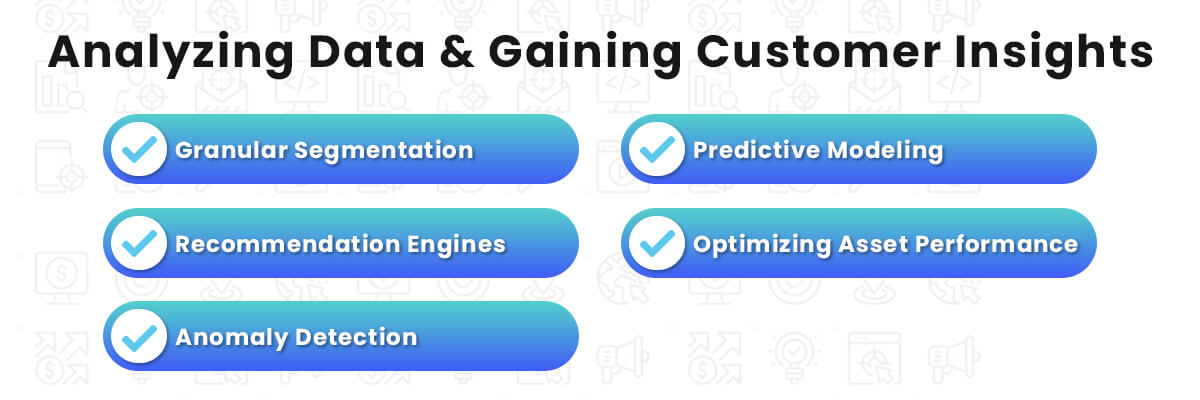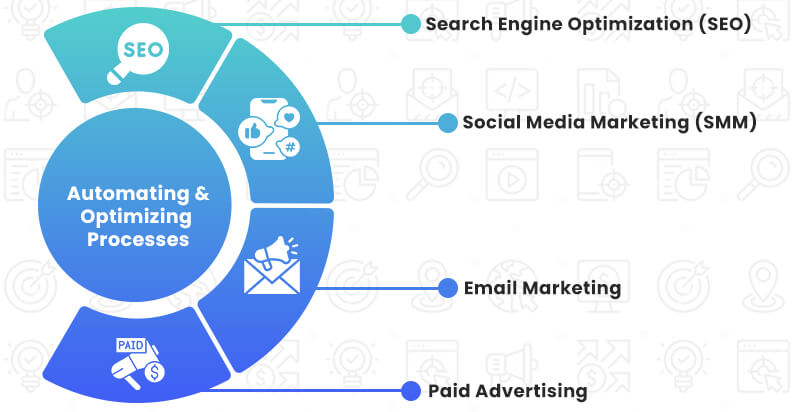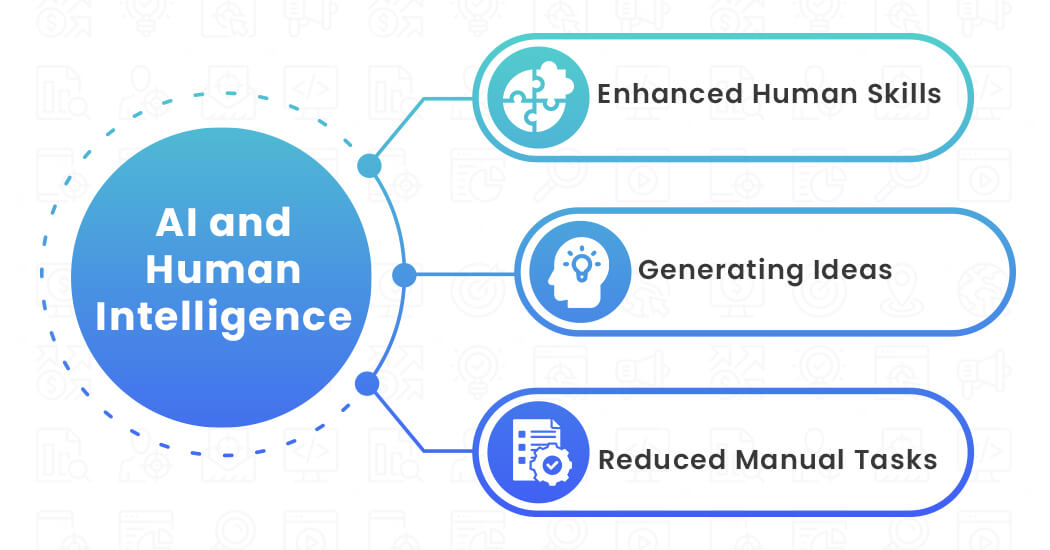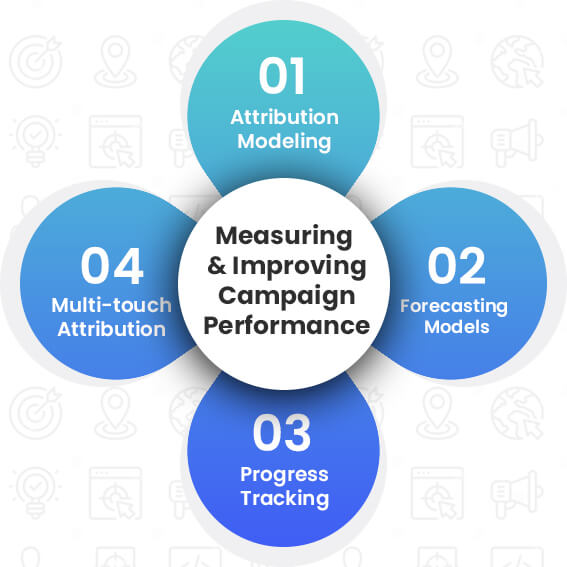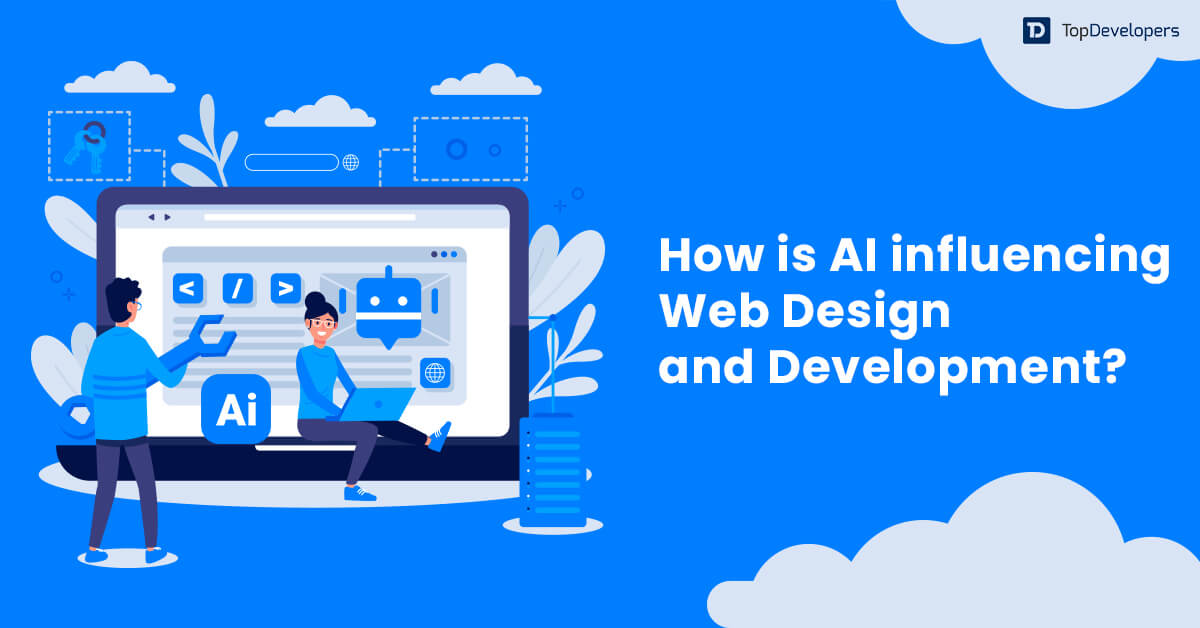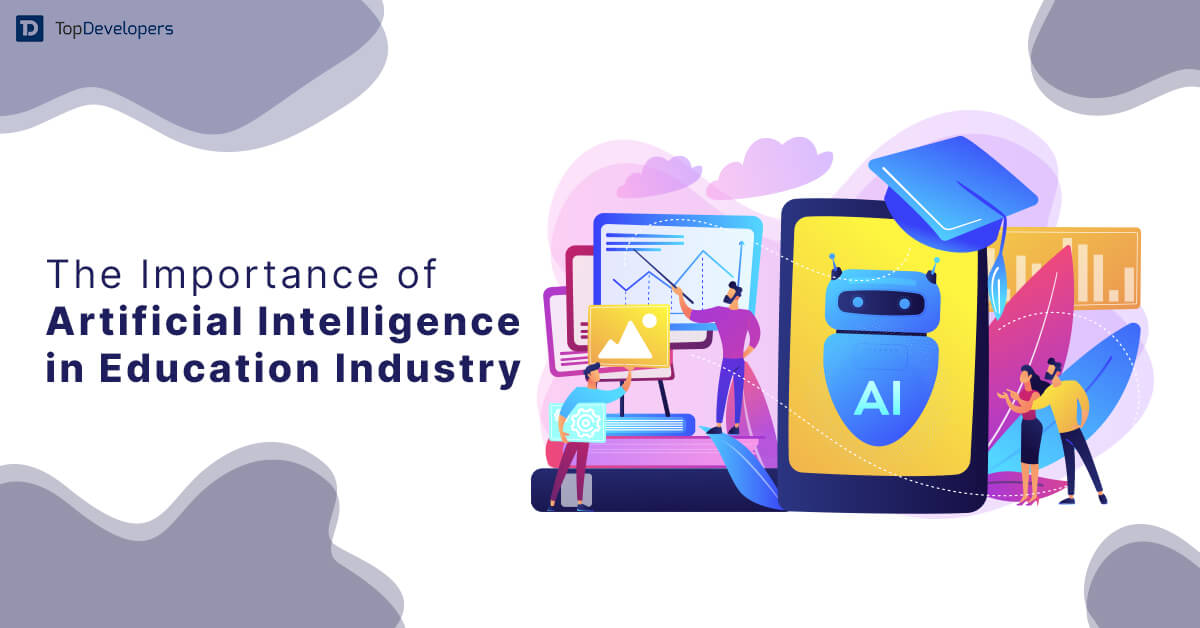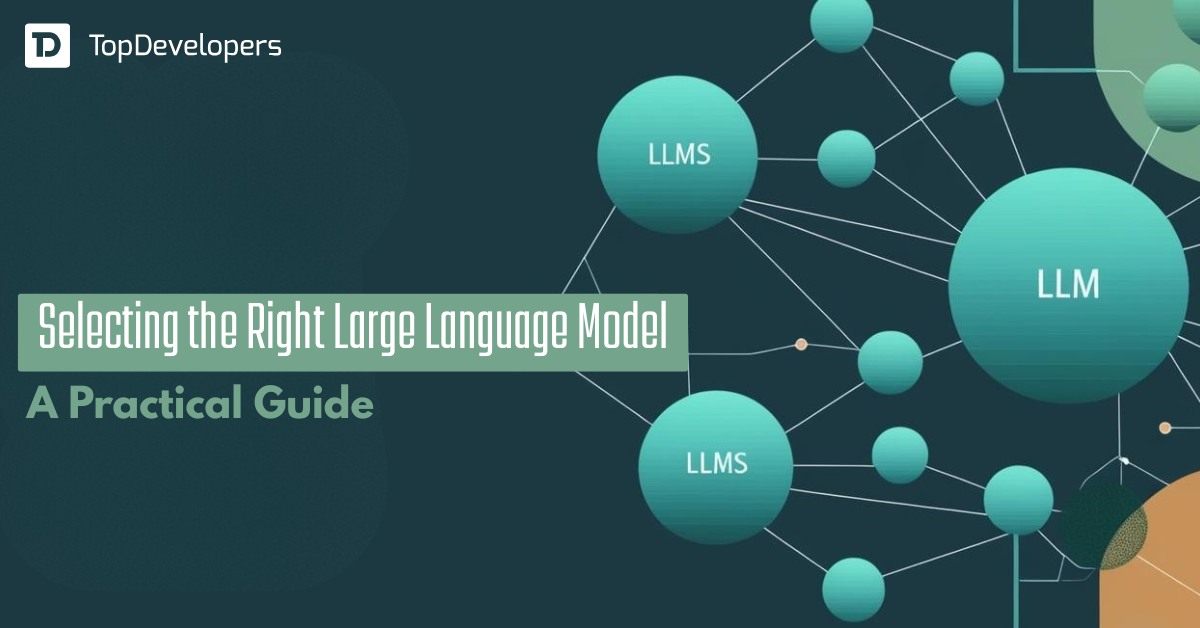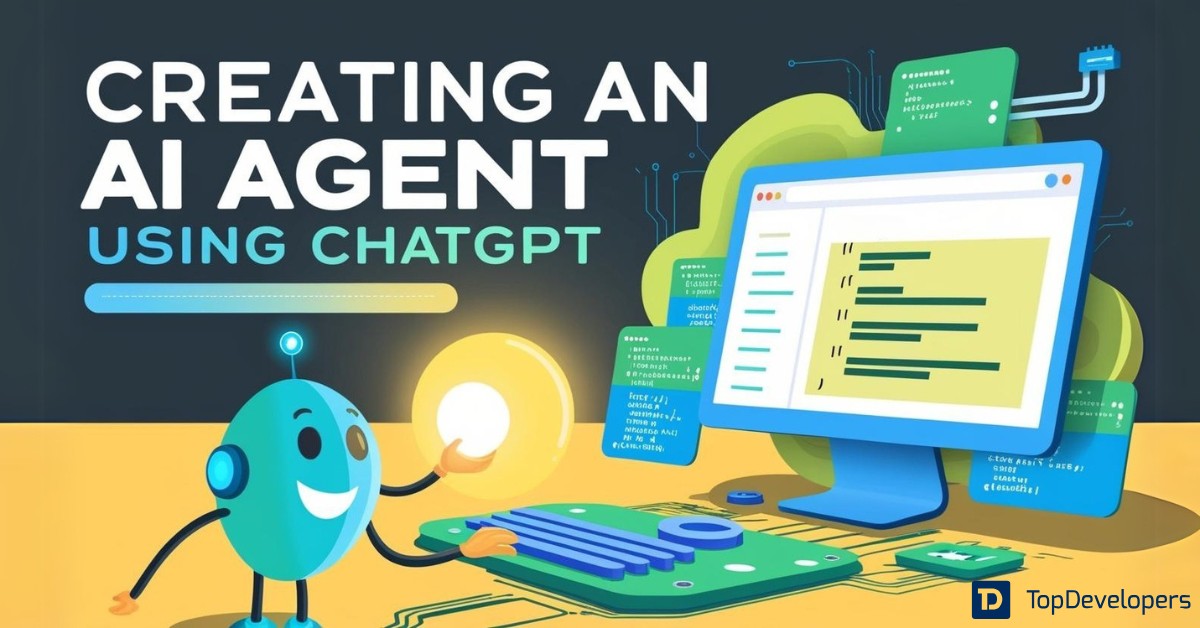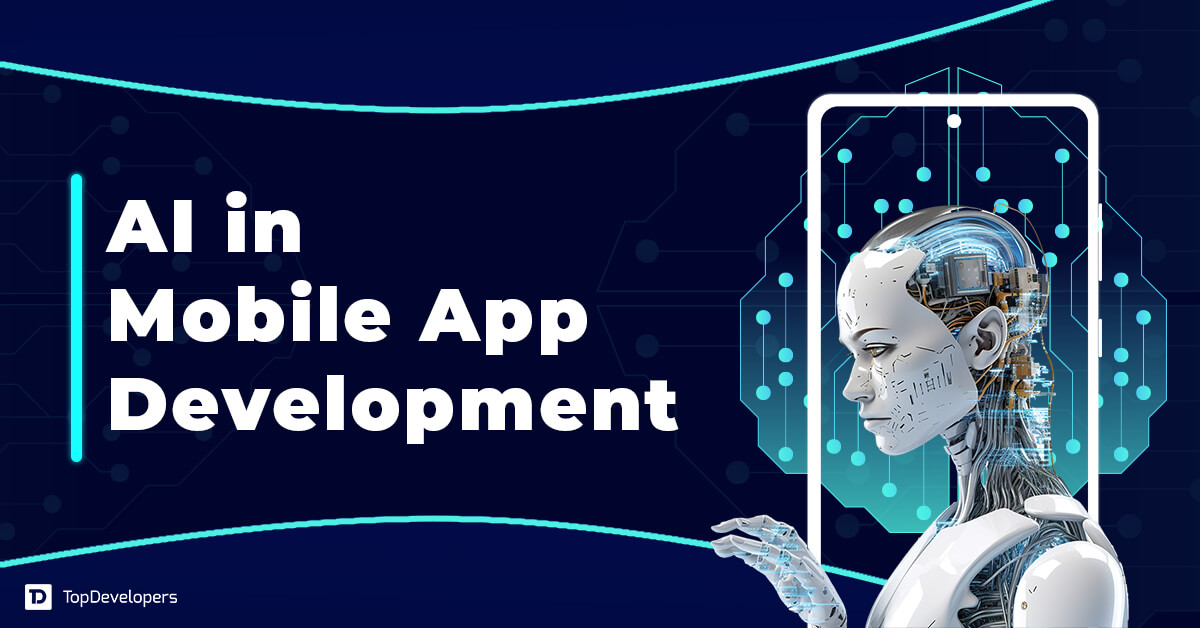
Artificial Intelligence (AI) is transforming the world of business in unprecedented ways. From automating tasks and optimizing processes to enhancing customer experience and enabling innovation, Artificial Intelligence in Digital Marketing is creating new opportunities and challenges for businesses across various sectors.
Today, businesses cannot afford to ignore the potential of AI, as it can provide them with a competitive edge and help them achieve their goals; however, adopting AI also requires careful planning, ethical considerations, and continuous learning, as it is a complex and evolving field that demands constant adaptation and improvement. Therefore, businesses cannot avoid AI today, but they need to embrace it with a strategic and responsible approach.
Table of Contents
- A.I. capturing all markets
- Digital marketing is the need of the hour
- How AI is transforming digital marketing today?
- Which AI Technologies Enable Marketing?
- The Best Tools for Franchise AI Digital Marketing
- Opportunities and Challenges with AI in Digital Marketing
- Gear up your marketing campaign using AI
A.I. capturing all markets
AI’s remarkable growth can be witnessed in its staggering statistics: In 2020, it was estimated that the AI market was worth $62.35 billion, with predictions pointing toward it reaching $733.7 billion by 2027 at an astounding compound annual compound rise rate (CAGR) rate of 42.2 percent.
Software industry adoption of AI-led by machine learning and prescriptive analytics remains the most prevalent. Manufacturing also reaps the advantages of automation powered by artificial intelligence by improving production processes.
AI’s entry into healthcare can be seen through diagnostic tools for drug discovery and personalized treatments; financial institutions rely on AI algorithms for risk assessments, fraud detection, and improving customer service; and, there is much more for other industries.
Artificial Intelligence companies are considered innovative tech firms today. By leveraging massive data sets and advanced neural networks, their engineers and developers create AI software and tools that surpass human capabilities in targeted applications.
Digital marketing is the need of the hour
With our increasingly technological environment, online marketing has become essential for businesses seeking their desired success. Technological developments and internet usage have increased significantly over time, and having an online presence has become essential to creating effective marketing plans.
These statistics demonstrate the immense influence digital marketing can have on modern business. Current estimates estimate 4.9 billion Internet users, or 63% of the global population; providing businesses with an incredible platform to get in front of buyers who may buy.
Businesses must give social media their due consideration. Through these channels, businesses can create lasting and meaningful connections with their customers. Findings indicate that most social media users (54%) utilize these platforms for investigation or research.
As the significance of online marketing intensifies, e-commerce has expanded swiftly. Online sales have caused drastic alterations in consumer behavior as buying habits move online. With mobile commerce’s growing prominence, its rapid expansion assumes increased significance; thus highlighting the value of rapid mobile commerce development.
How AI is transforming digital marketing today?
Artificial Intelligence (AI) revolutionizes how brands and marketers approach digital marketing. With the ability to process and analyze huge amounts of data, AI provides invaluable insights into customer behavior while automating critical marketing tasks.
Here’s an in-depth look at how artificial intelligence in digital marketing will impact:
Analyzing Data and Gaining Customer Insights
Artificial Intelligence allows marketers to analyze large amounts of data and gain valuable insights into customer behavior, preferences, and needs. With machine learning and deep learning capabilities, AI systems can process data points across channels to identify patterns and correlations that would be impossible for humans to spot manually.
AI takes data analysis to the next level by:
- Processing huge volumes of structured and unstructured data from various sources like websites, social media, customer relationship management systems, emails, surveys, etc. This gives a comprehensive 360-degree view of the customer.
- Identifying hidden connections and interpreting complex behavior by looking at data collectively. For instance, AI can determine that customers who engage with a particular content also purchase.
- Continuously learning from new data and improving its analytics, predictions, and recommendations over time. The algorithms become more accurate as they process more information.
These AI-enabled insights allow online marketers to segment audiences, predict future behavior, personalize engagement, and optimize campaigns to drive better results. AI analytics leads to higher customer satisfaction, engagement, conversions, and retention.
Granular Segmentation
With machine learning, customer data is processed to segment audiences precisely. Armed with demographics, psychographics, behavior, transaction history, social data, and location, AI groups users based on shared attributes and interests. This enables tailored brand interactions.
For example, ecommerce segments customers according to their past website interactions. While offering retention offers, the goal is to sway potential converts, and VIP shoppers receive distinct benefits.
Predictive Modeling
AI and digital marketing allow for more personalized, optimized customer experiences via predictive analytics and automation. According to historical trends, AI can predict future outcomes with remarkable accuracy. This enables proactive marketing.
AI can be used to estimate the probability of a lead converting, forecast revenue growth, or identify potential customer churn. Marketers can strategically concentrate on the most valuable opportunities, proactively addressing potential problems beforehand.
With AI capabilities, chatbots can seamlessly understand queries and direct users toward their destination. With the customer’s request in mind, the bot can strategically display potential deals that they were looking for or which make them buy certain products.
Recommendation Engines
Leveraging AI, these engines analyze customer behavior and preferences via multiple touchpoints. The group meticulously creates tailored products, services, and content for each customer. This significantly improves conversion rates.
AI analysis of search keywords, browsing history, purchases, ratings, and other indicators powers customized content suggestions from Netflix and Amazon.
Personalized shopping awaits customers at the store.
Optimizing Asset Performance
AI platforms can determine the optimal combination that generates maximum engagement by testing hundreds of content variations and creatives with different audiences. Marketers can then focus investment on the best-performing assets.
Tools like Uberflip use machine learning to test headlines, images, calls-to-action, layouts, and more. The algorithms of Artificial Intelligence learn and improve continuously.
Anomaly Detection
AI systems are adept at identifying anomalies or outliers that fall outside expected patterns in the data. This allows for swift detection of any sudden positive or negative changes.
For example, an unexpected spike in website visits could indicate a technical bug or a viral mention driving traffic. Prompt identification helps address issues faster.
The future of artificial intelligence is bright though challenging. Many believe AI will usher in new eras of transportation through autonomous vehicles, transform healthcare through improved diagnostics and drug discovery, and change how we interact with technology through more intuitive interfaces and predictive analytics. However, thought leaders urge the ethical development of AI to prevent potential downsides.
Creating Personalized and Relevant Content
The role of artificial intelligence in digital marketing is to help personalize content, optimize campaigns, and analyze data. AI’s personalization capabilities reach new heights in digital marketing. Customer data is the foundation for AI systems to optimize content creation per-user basis.
Advanced natural language generation technologies (NLG) generate tailored narratives and content that resonates with customers. The text reads naturally, captivating the reader with its charm. AI crafts a wide range of content, from product descriptions to social media posts.
Some ways AI enables personalized content:
Dynamic Recommendations
AI for digital marketing offers targeted products and suggestions by examining individual interests and real-time context. This drives higher conversion rates. When a retail customer explores formal shirts, a pop-up can suggest looking into fresh formal pants.
Customized Messaging
Using past interactions and purchasing data, AI tailors messaging to align with the customer’s preferences and current journey stage. Emotional targeting is also possible. Offering a specific instance, the AI system adds scarcity elements to copy for customers seeking promotional content.
Tailored Offers
With customized discounts, coupons, or incentives, users remain captivated. For example, an AI-powered email can grant a 20% off voucher for hiking equipment if the buyer previously bought trekking shoes.
Including Personal Data
Using first names, locations, past purchases, etc., in targeted content gives it more relevance. For example, AI can generate customized product descriptions for each user on an e-commerce site.
With artificial intelligence and digital marketing systems continually optimizing content in real-time, internet marketers can significantly boost engagement and conversion rates.
Automating and Optimizing Processes
AI is revolutionizing digital marketing by automating repetitive, high-volume tasks. This frees up marketers to focus on strategic priorities. AI-based automation also makes processes more efficient and scalable.
Some key AI digital marketing applications include:
Search Engine Optimization (SEO)
- Uncovering high-volume, low-competition terms via keyword research and analysis
- Website audits uncover technical problems that affect search engine placement.
- Both processes involve optimization for search engines.
Social Media Marketing (SMM)
- Posts are automatically distributed across optimized social media platforms.
- Tracking brand mentions and evaluating sentiment
- Automated community management and customer service solutions
Email Marketing
- Dynamic content and merge tags enable personalized messaging.
- The use of historical data to predict list segmentation
- Through A/B testing, content, and subject lines can be optimized.
Paid Advertising
- Using customer insights for precise audience targeting
- In real-time, bidding and budget optimization
- Advanced analytics fuel ad rotation, testing, and iteration
AI enhances human capabilities for complex strategic work in addition to automated workflows. The integration of AI and human intelligence enhances productivity.
Enhanced Human Skills
AI-based digital marketing can help marketers develop strategic frameworks, plan innovative campaigns, create engaging content and make smart decisions. Tools like Ascribe analyze industry reports, news, and financial data to surface opportunities and ideas.
Generating Ideas
AI features like image recognition, voice, and vision synthesis can spark creative campaign ideas. Tools like Phrazor suggest catchy taglines, and AdVision conceptualizes visuals.
Reduced Manual Tasks
Automating repetitive work provides more time for value-added activities like campaign strategy, audience development and brand messaging. The symbiotic integration of AI with human skills can elevate marketing to the next level. Tasks are allocated based on capability – rote jobs handled by AI and higher thinking by strategists. This optimal combination achieves the best results.
However, digital marketing agencies have become crucial partners for many businesses looking to build their online presence and connect with customers in the digital age. These agencies offer various services, from search engine optimization to pay-per-click advertising, to help businesses maximize their visibility and drive engagement across platforms.
Measuring and Improving Campaign Performance
This is the main use of AI in digital marketing. With machine learning and deep learning capabilities, AI enables marketers to accurately measure campaign performance in real-time and continuously optimize based on insights uncovered.
By ingesting and processing all marketing data, AI reveals what resonates with audiences, where improvements can be made, and what actions will achieve KPIs.
Key applications are:
Attribution Modeling
Determining the impact of each marketing channel and activity that led to conversion allows optimal allocation of budgets. AI-powered tools like NeuraLegion can analyze user journeys across touchpoints to provide granular attribution analytics.
Forecasting Models
Analyzing past trends, AI can predict future outcomes like website traffic, lead volume, sales pipeline, etc., with high accuracy. This allows proactive planning. Facebook Prophet uses machine learning for forecasting.
Progress Tracking
AI can track key metrics across channels and highlight how actual numbers compare to goals. Marketers can take timely corrective actions. For instance, Datorama offers AI-enabled marketing analytics.
Multi-touch Attribution
Understanding the influence across multiple interactions that precipitate conversions is essential to quantify ROI accurately. AI modeling by tools like Adobe Sensei provides a holistic view.
Which AI Technologies Enable Marketing?
There are a variety of AI tools and technologies that digital marketers can leverage to transform their approach:
- Machine learning applies algorithms to historical data to uncover patterns and insights while predicting future outcomes. It enables personalization, automation, optimization, and measurement use cases.
- Natural language processing (NLP) analyzes text to understand written content. It powers chatbots, market research, social listening, and AI copywriting.
- Computer vision evaluates visual content using machine learning techniques. It facilitates image and video analysis.
- Predictive analytics utilizes statistical and machine learning models to foresee customer and marketing trends. It improves targeting and personalization.
- Speech recognition converts spoken audio into text for analysis. It can enable voice assistants and audio insight generation.
The Best Tools for Franchise AI Digital Marketing
- Grammarly
- Jasper AI
- Semrush
- HubSpot
- MarketMuse
- Google Analytics
- Chatfuel
- Zapier
- Salesforce Inc
- Surfer SEO
- Writer.com
- Hemingway app
- Seventh Sense
- DeepWord
- Flick
Opportunities and Challenges with AI in Digital Marketing
With AI, many market opportunities emerge, but integration is complicated. Among AI’s thrilling possibilities for digital marketing are more precise ad targeting, personalized suggestions, and enhanced campaign performance evaluation.
Despite the benefits, issues persist regarding data privacy, algorithmic bias, and ensuring human involvement. Thoughtful, ethical AI integration is essential for marketers. Digital marketing can improve personalization and automation with AI, yet risks must be prudently managed.
Artificial intelligence promises to transform digital marketing trends making it hyper-personalized, insights-driven, and highly optimized. AI can revolutionize marketing processes. Businesses that embrace AI will gain a distinct competitive edge.
AI implementation requires careful strategic planning and coordinated effort from marketers, who must establish technical capabilities, data pipelines, and ethical frameworks necessary for the responsible implementation of this marketing technique. Once in place, AI-powered marketing can accelerate performance and progress.
Companies looking to leverage AI should conduct an assessment of existing infrastructure, establish strategic AI goals, hire qualified talent, cleanse and consolidate data sets, initiate focused pilot projects that allow for human-AI collaboration, quantify ROI, continually iterate algorithms and test algorithms, as well as prioritize ethical AI practices. A deliberate, phased approach will allow AI’s safe, responsible, and impactful integration throughout marketing functions.
Gear up your marketing campaign using AI
With the right strategy, MarTech foundations, and governance, AI-led transformation will boost productivity, performance, and competitive differentiation. By riding artificial intelligence on digital marketing, modern businesses can craft bespoke customer experiences, uncover predictive insights, drive measurable impact, and future-proof their function. The time to start is now.
 Avantika Shergil
| Sep 4, 2023
Avantika Shergil
| Sep 4, 2023
Avantika Shergil is a technology enthusiast and thought leader with deep expertise in software development and web technologies. With over 8 years of experience analyzing and evaluating cutting-edge digital solutions, Avantika has a knack for demystifying complex tech trends. Her insights into modern programming frameworks, system architecture, and web innovation have empowered businesses to make informed decisions in the ever-evolving tech landscape. Avantika is passionate about bridging the gap between technology and business strategy, helping businesses build customized software and website, and understand about different tools to leverage effectively for their ventures. Explore her work for a unique perspective on the future of digital innovation.
